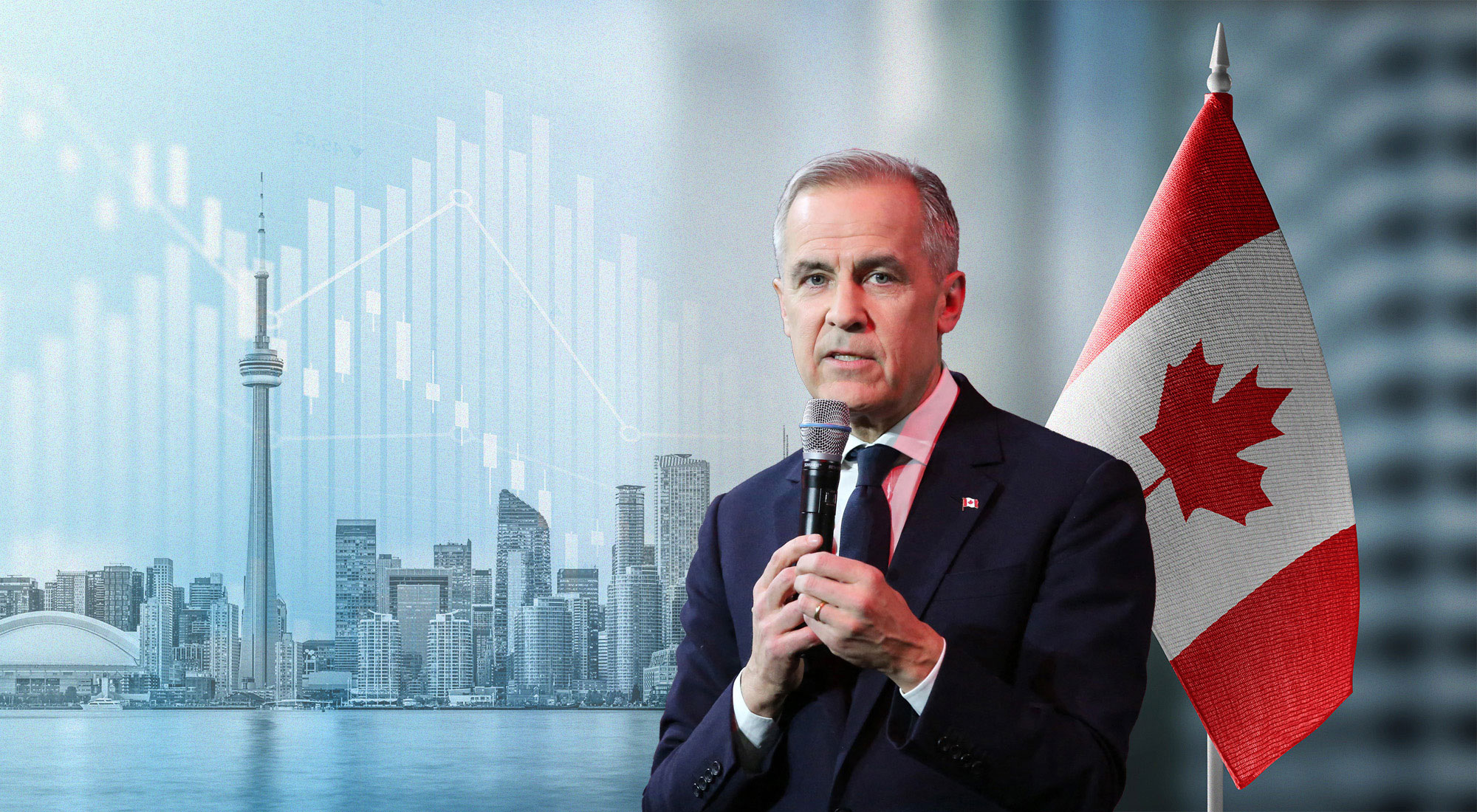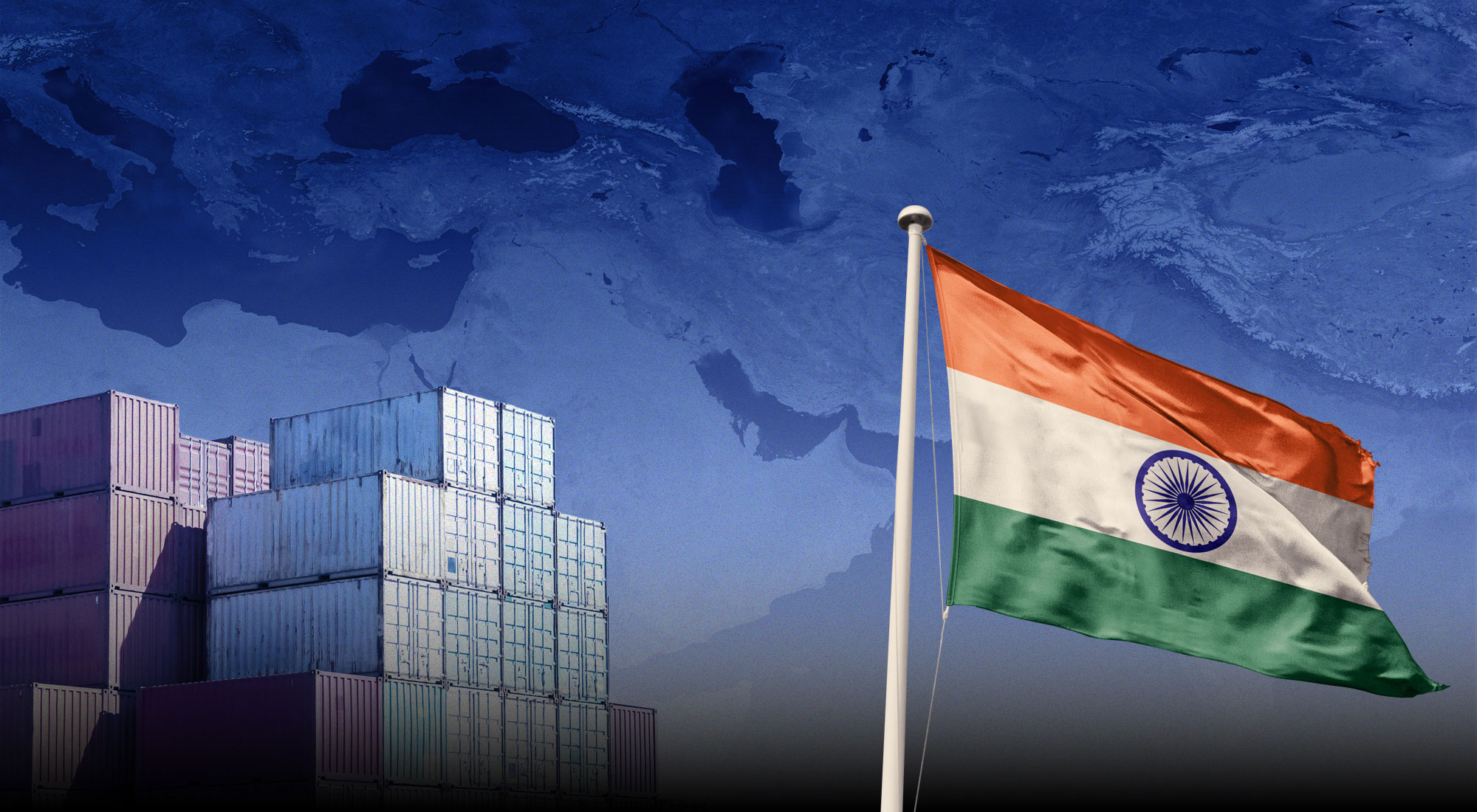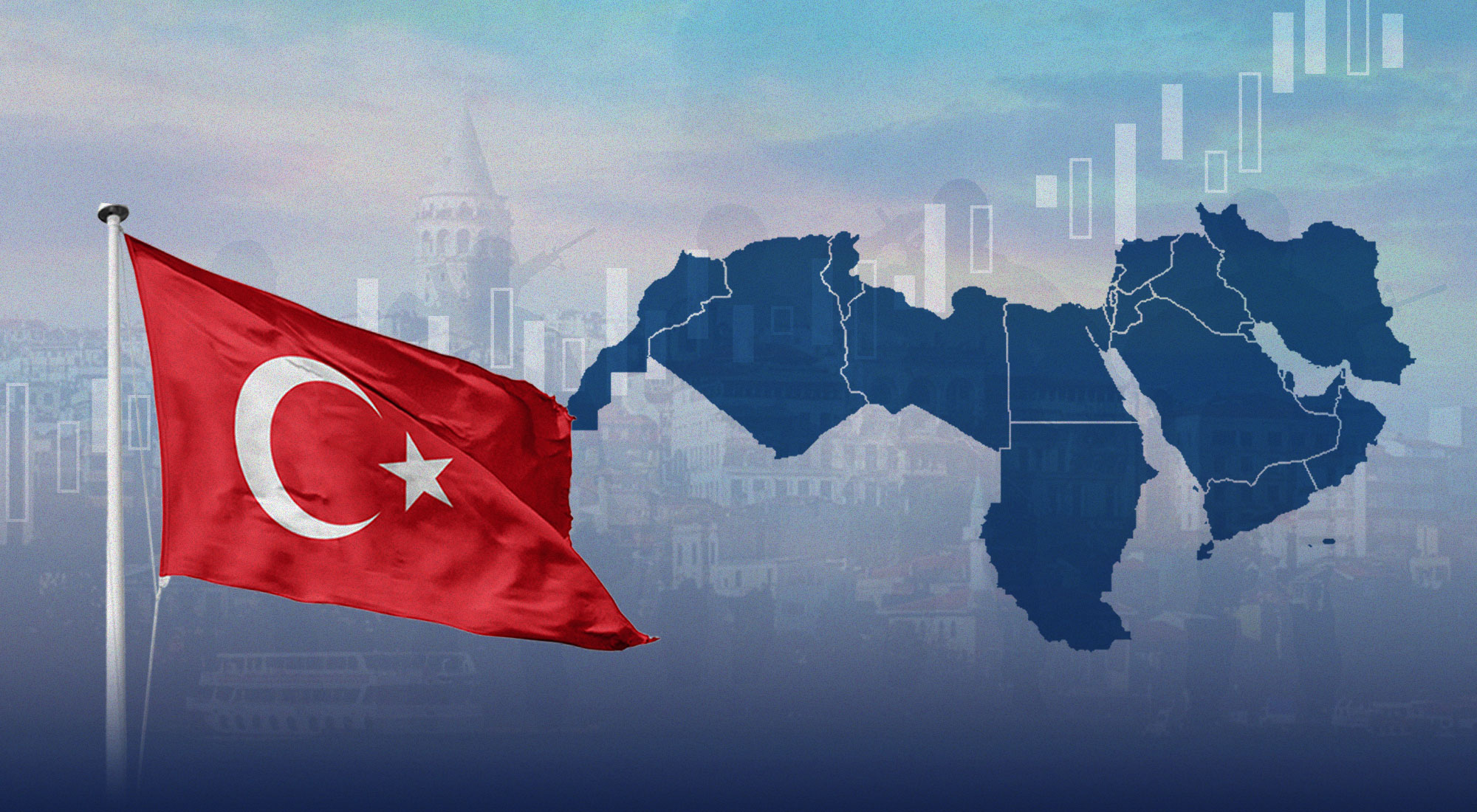In a rather unexpected turn of events, Mark Carney and the Liberal Party of Canada made a striking comeback in the 2025 federal elections. The Conservatives had been ahead in the polls early in the campaign, but a series of foreign crises and a surge in nationalist sentiment dramatically changed the game. Economist and former governor of the Bank of Canada and Bank of England, Mark Carney, seized the moment with a campaign that promised economic vigor, national sovereignty, and a renewed international vision. His victory could reshape Canada’s domestic policy and its place in the world.[1]

Source: Preliminary results for the federal election, Elections Canada, April 29, 2025, https://enr.elections.ca/National.aspx?lang=e.
Carney’s Campaign and the Impact of External Events
The 2025 election campaign initially focused on domestic concerns: the housing affordability crisis, inflation, pressures on the healthcare system, and climate policy were all top issues. The Conservatives, under Pierre Poilievre, focused on deregulation, energy development, and tough-on-crime initiatives. Their platform pledged to eliminate carbon taxes, loosen environmental restrictions, and streamline energy projects, which appealed to industries frustrated by years of sluggish growth. The New Democratic Party, under Jagmeet Singh, continued to advocate for more public services and wealth redistribution, while the Green Party pushed for immediate environmental action. The Bloc Québécois, as always, based its platform on Quebec interests and sovereignty. The People’s Party of Canada, under Maxime Bernier, advocated a populist agenda but garnered little electoral support.[2]
However, the dynamics of the election were transformed by external events. A series of inflammatory remarks by U.S. President Donald Trump, topped by his incendiary suggestion that Canada was slipping toward becoming America’s “51st state,” and the imposition of a 25% tariff on Canadian exports, ignited nationalist rage throughout the country. What had been a low-profile, economically focused campaign was suddenly turned into a referendum on Canadian sovereignty. Carney, who had campaigned on pragmatic leadership and international expertise, seized the opportunity. He positioned himself as the steady, seasoned leader who could not only defend Canada’s interests but also strengthen its voice globally.[3]
Carney’s platform was attractive to Canadians increasingly nervous about the volatility of their southern neighbor. He promised to apply retaliatory tariffs on the U.S. until equitable trade was resumed and to diversify Canada’s economic partnerships beyond its current reliance on the American economy. His promise to raise national defense expenditures to NATO levels while simultaneously spending on affordable housing, updating healthcare, and offering tax relief to low-income Canadians presented a comprehensive vision of both domestic and international renewal.[4]
A Shift in Canada’s Foreign Relations
Quite possibly, the most notable impact of this election will be felt in Canada’s foreign relationships, starting with its most significant one: the United States. Canada-U.S. relations are never easy, propelled by deep economic integration, cultural kinship, and geopolitical interests. Yet under Trump’s second term, the relationship is strained. The Carney government will probably pursue a firm but pragmatic course—maintaining retaliatory tariffs to show toughness but quietly seeking areas of cooperation where interests, such as border security, counterterrorism, and Arctic sovereignty, still align.
“America wants our land, our resources, our water. These are not idle threats. Trump is trying to break us so America can own us. That will never happen,” said Carney in his victory speech.[5]
Carney’s approach to the United States is the antithesis of the appeasement policy of past Liberal governments. Instead of attempting to get along with Washington, Canada is now embarking on strategic autonomy, with an emphasis on resilience and diversification. This will probably lead to increased Canadian investment in strategic domestic industries, the acceleration of energy independence plans, and the enhancement of relations with other trading partners to reduce exposure to U.S. economic coercion.[6]
Europe, by contrast, offers fertile ground for a Canadian pivot. Carney’s globalist credentials and his commitment to climate action resonate powerfully with European leaders, particularly in Brussels, Berlin, and Paris. Canada under Carney will continue to deepen its ties with the European Union, building on the Comprehensive Economic and Trade Agreement (CETA) that already governs Canada-EU trade. Green energy collaboration, techno-governance, and democratic resilience are all likely pillars of a strengthened transatlantic alliance. Apart from that, Canada can also find newer pathways in joint defense cooperation with Europe, especially against the backdrop of growing concerns over Russian belligerence and American unresponsiveness in NATO.[7]
Relations with Russia and China
Relations with Russia are likely to remain frosty under Carney. Canada has been one of the strongest supporters of Ukraine, having provided money, weapons, and diplomatic support since the 2022 Russian invasion. Carney has signaled that the support is not only set to continue but will increase. Russia sanctions will likely remain in effect, and Canada will probably insist on more significant NATO deterrence efforts in Eastern Europe. However, as an economic alumnus, Carney can also explore narrow diplomatic channels to stabilize world energy markets and reduce the volatility that damages Canadian consumers and exporters.[8]
On China, Carney’s position is less overt. While he knows the threats posed by China’s turn toward authoritarianism and its assertive foreign policy in the Indo-Pacific, he also knows the engagement imperatives. The economic prospects of Canada, and especially opportunities such as critical minerals, clean technology, and agrifood exports, hinge to some degree on access to markets in Asia. Carney’s government can choose what he has termed a “clear-eyed engagement”—protecting Canadian national security and human rights interests while mapping trade and investment relations cautiously. Canadians are adopting a more pragmatic view of China, accepting economic engagement but fearing strategic dependence, recent polls show. Carney’s challenge will be to balance that tightrope without alienating foreign allies or domestic stakeholders.[9]
Trade diversification will be a cornerstone of Carney’s global policy.[10] Beyond Europe and China, Canada will likely deepen ties with other emerging markets in Southeast Asia, Latin America, and Africa. The Comprehensive and Progressive Agreement for Trans-Pacific Partnership (CPTPP) offers an opportunity to boost trade with fast-growing economies like Vietnam, Malaysia, and Singapore. Meanwhile, new deals with African nations could open markets for Canadian tech, education, and green energy industries. This international thrust is driven by a broader strategic vision: a Canada less dependent on any single partner and more agile in a volatile world economy.[11]
Domestic Policy Impact
Back home, the Carney government’s policies will have tangible effects on the daily lives of Canadians. The promised abolition of the consumer carbon tax will lessen the cost burden on families, particularly in suburban and rural areas where the cost of living has skyrocketed. Meanwhile, investments in low-cost housing aim to address perhaps the biggest barrier for young Canadians—the inability to buy homes in the big cities. The Build Canada Homes initiative will spur private sector development while releasing federal land for construction, a strategy designed to boost supply swiftly and moderate prices.[12]
Tax reductions under Carney’s plan, particularly targeted reductions for low-income families and the elimination of the Goods and Services Tax (GST) for first-time homeowners, will provide immediate relief for struggling families. Meanwhile, the suggestion of a “Canada Strong Pass”—offering free access to national parks, museums, and public transit vouchers—appears to be an effort to boost national morale and civic engagement at a time of global uncertainty.[13]
Healthcare will also be modernized, with investments in digitization, recruitment of health workers, and expansion of mental health services. These initiatives are aimed at strengthening a system worn down by decades of underinvestment and pandemic pressures, ensuring that Canadians have timely and equitable access to care.[14]
National Security
On the security front, Carney’s government will significantly increase defense spending, prioritizing investments in Arctic sovereignty, cyber defense, and modernization of the Canadian Armed Forces. Given the increased strategic competition in the Arctic—particularly from Russia and China—this investment is both timely and necessary. Canadians can expect to see new construction projects in the North, which will create jobs and enhance national unity.[15]
Looking forward, the implications of Carney’s victory extend beyond the next four years. His election signals that Canadians are seeking experienced, stable leadership in an era of global uncertainty. It is a reassertion of Canada’s tradition of multilateralism, democratic values, and sound economic management—at a time when nationalism and populism are rising elsewhere.
“We are supporting our friends and neighbors in the crosshairs of President Trump through a crisis that we did not create. United, we will build the strongest economy in the G7, an economy that works for everyone. We will fight back with everything we have to get the best deal for Canada. We will protect our workers and businesses, and above all, we will build an independent future for our great country. A future that makes the greatest country on earth even better. Together, we will build a Canada worthy of our values. We will build Canada strong, Canada free, Canada forever.”[16]
Conclusion
There are, however, still challenges ahead. Managing a deteriorating relationship with the United States while preserving essential economic interests will require deft diplomacy. Collaborating with China without compromising security interests will entail a delicate balancing act. Making domestic decisions that tangibly impact the quality of life for Canadians—housing, healthcare, and salaries, first and foremost—will be critical to maintaining political credibility. The Liberals under Mark Carney have been given not just a mandate to rule but also to take Canada in a new direction in a world that is experiencing foundational transformation. The pledge is that if they succeed, Canada can be stronger, more resilient, and more influential globally. If they fail, the forces of disillusionment and polarization will reappear with even greater intensity.[17]
At the moment, optimism is in charge. Most Canadians believe that their country can defend its sovereignty, rebuild its economy, and make a positive contribution to world stability. The world will be watching—and so will Canadians—as Mark Carney’s government sets out to make them right.
[1] Leyland Cecco, “Canada’s Liberal Party, Led by Mark Carney, Secures Election Victory After Dramatic Reversal of Fortune,” The Guardian, April 29, 2025, https://www.theguardian.com/world/2025/apr/29/canada-election-result-liberal-win-mark-carney-anti-trump.
[2] Fatima Syed and Shannon Waters, “What Carney’s Win Means for Environment and Climate Issues in Canada,” The Narwhal, April 28, 2025, https://thenarwhal.ca/federal-election-results-2025/.
[3] Mary Kekatos and Megan Forrester, “Trade Wars, Threats of Annexation: How Trump is Changing the Course of Canada’s Election,” ABC News, April 28, 2025, https://abcnews.go.com/International/trade-wars-threats-annexation-trump-changing-canadas-election/story?id=121125965.
[4] Laura Gatz, Kyla H. Kitamura, Lance N. Larson, Eva Lipiec, Anthony R. Marshak, Peter J. Meyer, Paul W. Parfomak, Pervaze A. Sheikh, and Charles V. Stern, Canada: Background and U.S. Relations, Congressional Research Service, CRS Reports, https://www.congress.gov/crs-product/R47620.
[5] “Canada Election 2025 Live: Mark Carney Says ‘Trump is Trying to Break Us’ After Liberal Win,” The Guardian, https://www.theguardian.com/world/live/2025/apr/28/canada-election-polls-mark-carney-liberals-pierre-poilievre-conservatives-donald-trump-live-updates?filterKeyEvents=false.
[6] Stuart Jones, “Experts React: What Mark Carney Means for the US-Canada Relationship,” The Atlantic Council’s Europe Center, https://www.atlanticcouncil.org/blogs/new-atlanticist/experts-react-what-mark-carney-means-for-the-us-canada-relationship/.
[7] Steven Vass, “What Liberal Mark Carney’s Election Win in Canada Means for Europe,” The Conversation, https://theconversation.com/what-liberal-mark-carneys-election-win-in-canada-means-for-europe-254775.
[8] “Carney Proposes to Speed Up Canada’s Rearmament — Looking to Europe,” Bloomberg, https://www.bloomberg.com/news/articles/2025-04-14/carney-proposes-to-speed-up-canada-s-rearmament-looking-to-europe.
[9] Wa Lone, “Carney Says China is a Foreign Interference, Geopolitical Threat for Canada,” Reuters, April 18, 2025, https://www.reuters.com/world/carney-says-china-is-foreign-interference-geopolitical-threat-canada-2025-04-18/.
[10] “Mark Carney’s Liberals Announce Plan to Diversify Canadian Trade by Improving Canada’s Trade Enabling Infrastructure,” Liberal Party of Canada, March 28, 2025, https://liberal.ca/mark-carneys-liberals-announce-plan-to-diversify-canadian-trade-by-improving-canadas-trade-enabling-infrastructure/.
[11] Arendse Huld, “From Carney to Poilievre: How Leadership Changes May Shape China-Canada Trade and Business,” China Briefing, March 17, 2025, https://www.china-briefing.com/news/china-canada-relations-trade-business-leadership-change/.
[12] Peter Zimonjic, “Carney Unveils Signature Housing Plan He Says Will Double Pace of Home Building in Canada,” CBC News, March 31, 2025, https://www.cbc.ca/news/politics/carney-double-pace-home-building-1.7497947.
[13] Peter Mazereuw and Riddhi Kachela, “Election Promise Tracker: Key Pledges Parties are Making This Campaign,” Hill Times, April 2, 2025, https://www.hilltimes.com/story/2025/04/02/election-promise-tracker-key-pledges-parties-are-making-this-election/455926/.
[14] Jimmy Yang and Abi Sriharan, “Canada’s Health Care Crisis Demands a Digital Solution,” Policy Options, March 31, 2025, https://policyoptions.irpp.org/magazines/march-2025/health-digital/.
[15] Joe O’Connor, “We Are Completely Exposed in the North: Why Canada Needs to Unlock the Arctic — Now,” Financial Post, April 11, 2025, https://financialpost.com/feature/want-canada-to-win-unlock-the-arctic-now.
[16] Katie Dangerfield, “Read the Transcript of Prime Minister Mark Carney’s Victory Speech,” Global News, April 29, 2025, https://globalnews.ca/news/11154593/canada-election-mark-carney-victory-speech/.
[17] Jessica Murphy, “Why the Liberals Won – and Conservatives Lost.”










